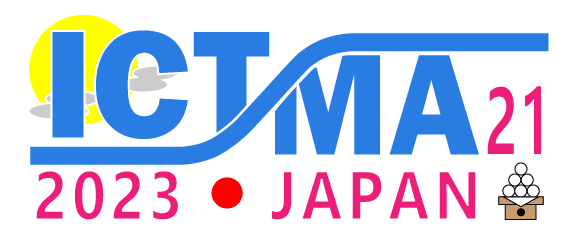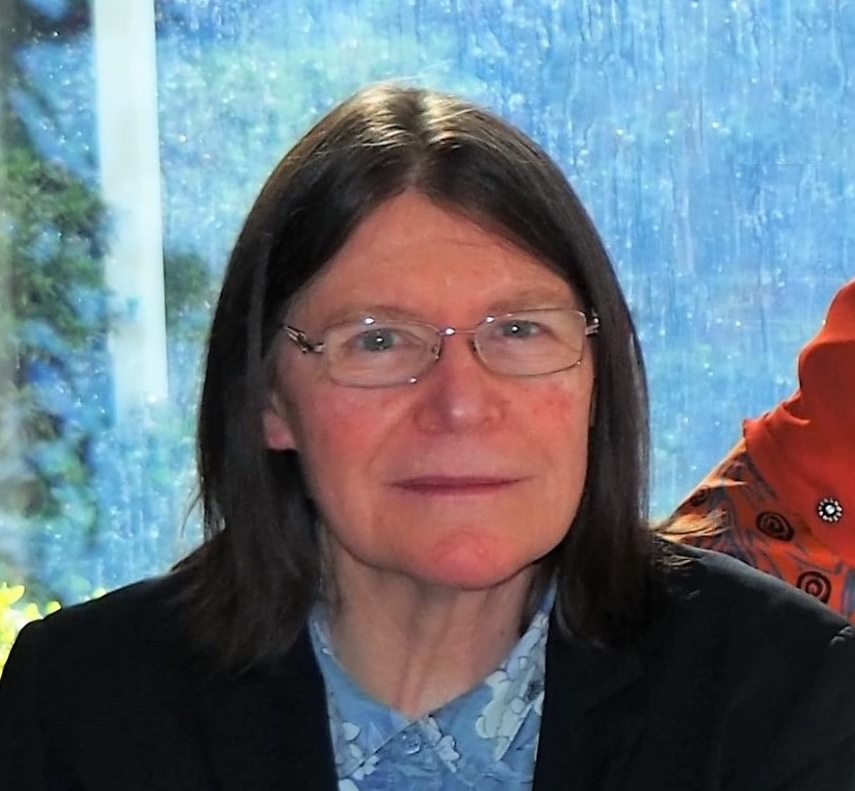Early Career Researcher Day
ICTMA21 planed a special activity for early career researchers. Early career researchers who are attending ICTMA21 are welcome to participate in this day. The aim of that day is to provide early career researchers with opportunities to develop their research competencies in various areas of modelling education, establish new contacts, build networks among themselves.
Schedule and Lecturers
13:00-14:20
Prof. Dr. Gabriele Kaiser (University of Hamburg, Germany) & Assist. Prof. Dr. Şerife Sevinç (Middle East Technical University, Turkey)
14:20-15:00
Assoc. Prof. Gloria Stillman (Formerly Australian Catholic University, Australia)
15:20-16:00
Prof. Dr. Werner Blum (University of Kassel, Germany)
16:00-16:30
Question & Answer
Lecturers
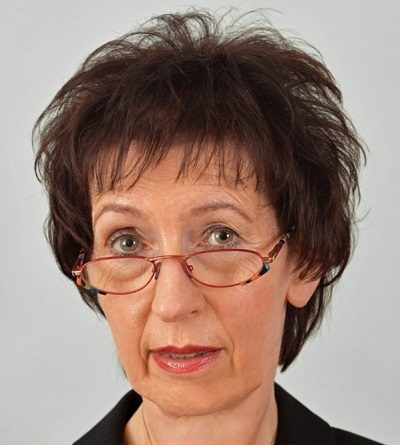
Prof. Gabriele Kaiser
University of Hamburg, Germany
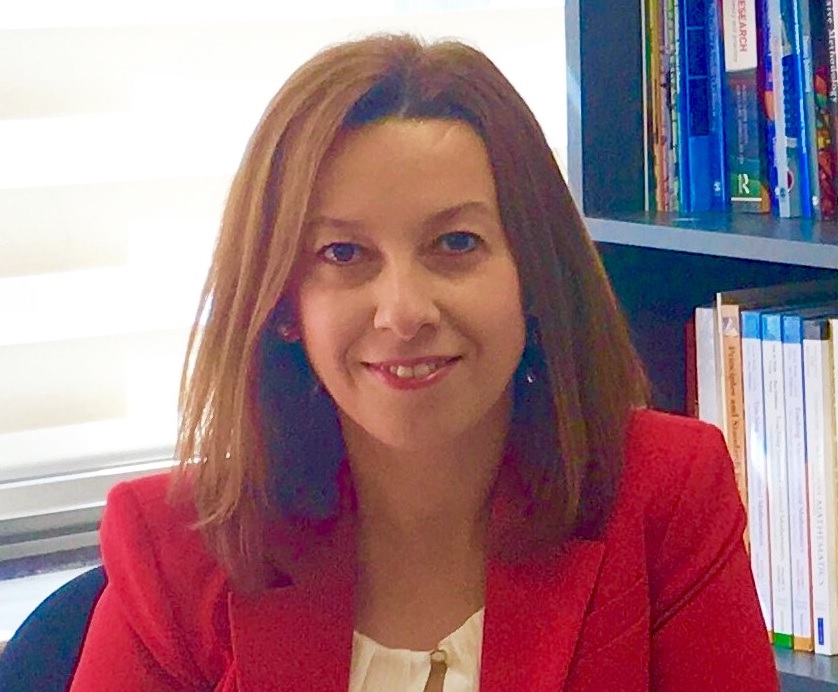
Assist. Prof. Dr. Şerife Sevinç
Middle East Technical University, Turkey
Gabriele Kaiser holds a master’s degree as a teacher for mathematics and humanities for lower and upper secondary level. She completed her doctorate in mathematics education in 1986 with a study on applications and modelling supervised by Werner Blum. The thesis war covering theoretical aspects such as an analysis of the historical and the recent discussion on applications and modelling as well as empirical aspects, namely the possibilities of this kind of examples in mathematics teaching. These research works were extended in new projects on modelling in mathematics teaching together, amongst others with colleagues from the mathematics department.
International comparison in mathematics teaching is one of the main fields of research of Gabriele Kaiser and therefore became the subject of her post-doctoral study, which comprised a comparative study on mathematics teaching in England and Germany.
Since 1998, she is full professor for mathematics education at the Faculty of Education of the University of Hamburg. Her areas of research are empirical studies on teacher education and teachers’ professionalism, modelling and applications in school, international comparative studies, gender and cultural aspects in mathematics education. She was convenor of the 13 th International Congress on Mathematical Education, which took place in Hamburg in 2016 with more than 3500 participants. Forty books have come out in the frame of this congress edited by her.
Gabriele Kaiser’s most recent projects deal with teacher education, partly under an international perspective starting from the IEA Teacher Education Study in Mathematics (TEDS-M) on the efficiency of teacher education in various countries at primary and secondary level. Several follow-up studies – with Sigrid Blömeke and Johannes König – have been carried out in the frame of longitudinal studies and studies integrating knowledge and teacher noticing. A most recent study focuses on inclusive mathematics education and teacher professionalism
Together with Eva Arnold Gabriele Kaiser is directing the large-scale project ProfaLe “Professional Teachers‘ Acting for Promoting Subject-based Learning under Changing Societal Conditions“ within the framework of the „Quality Campaign for Teacher Education“). She is focusing the integration of subject teaching and teaching of mathematics education within teacher education. The project has started in 2015 and will last until 2023.
Since 2005 she is editor-in-chief of the high-ranking journal ZDM –Mathematics Education, which is since 2020 in SSCI. In addition, she is editing several book series at national and international level amongst others International Perspectives on Mathematical Modelling. Since 2019 she is president of the ICMI affiliate group “The International Community of Teachers of Mathematical Modelling and Applications” (ICTMA). From 2017 to 2021 she was a professorial fellow at the Institute for Leaning Sciences and Teacher Education at the Australian Catholic University in Brisbane (Australien). Currently, she holds an additional 0.2 professorship at Nord University in Bodø (Norway).
Şerife Sevinç is currently an Assistant Professor in the Department of Mathematics and Science Education at Middle East Technical University (METU) and the director of the METU Disability Support Office. She received her Ph.D. degree in Mathematics Education with a minor degree in Inquiry Methodology at the School of Education, Indiana University (IU) Bloomington, USA in 2016.
In her doctoral research, she investigated the nature of pre-service teachers’ knowledge in designing realistic mathematics problems and modeling process that enhances teachers’ conceptual systems in mathematics. In this line of research, she published several journal manuscripts and book chapters in the field of mathematics education. In the area of mathematical modeling, she is also involved in projects in which she had a chance to collaborate with other researchers studying modeling in the USA and Europe. Particularly, she worked with a research team on investigating K-2 students’ modeling experiences in a primary school in the USA and produced several publications addressing this investigation. In addition, as an Assistant Professor at METU, she has offered several undergraduate-level courses on mathematics teaching and graduate-level courses on qualitative research methodologies.
She uses MAXQDA, qualitative data analysis and visualization software, in her research, and, as a professional trainer of MAXQDA, she has given seminars and training sessions to education researchers. Besides, she supervised several master’s theses on the topics of mathematics education including mathematical modeling. Regarding her qualities as a mathematics teacher educator and her academic work, she received the award called “Educator of the Academic Year” given by METU Prof. Dr. Mustafa N. PARLAR Education and Research Foundation in 2019, the scientific article award given by METU Development Foundation in 2020, and the book chapter award given by METU Development Foundation in 2022.
She is currently involved in two collaborative international projects: one, in collaboration with Jonas B. Ärlebäck, Lluís Albarracín, Irene Ferrando, Daniel Orey, and Milton Rosa, for understanding the cultural aspects of the modeling process and the other one, with Horizon 2020 grant, for enhancing the research excellence in mathematics teacher knowledge. With those projects and the upcoming ones, she aims for contributing to the field of mathematics education, particularly the area of mathematical modeling, with research offering solid theoretical perspectives and practical implications.
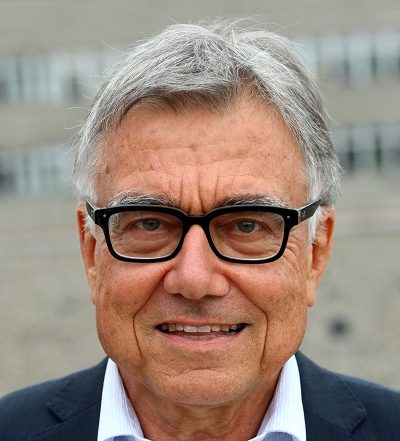
Prof. Werner Blum
University of Kassel, Germany
Until recently Gloria Stillman was an Associate Professor of mathematics education on the Ballarat campus at the Australian Catholic University (Victoria). She has now retired.
She is a highly experienced tertiary lecturer in primary, early childhood and secondary mathematics education. With Merrilyn Goos and Colleen Vale, she co-authored the award-winning tertiary textbook: Teaching Secondary School Mathematics: Research and practice for the 21st century.
She has authored many papers and book chapters on the teaching and assessing of mathematical modelling in scholarly and professional journals. This was also the subject of her doctoral study.
She is a former president of the International Community of Teachers of Mathematical Modelling and Applications as well as a former Vice President (Research) and Vice President (Publications) of the Mathematics Education Research Group of Australasia.
She is a member of the editorial boards of the international Mathematics education journals, ZDM—Mathematics Education and Mathematical Thinking and Learning. With Prof Gabriele Kaiser she is series editor of the Springer book series, International Perspectives on the Teaching and Learning of Mathematical Modelling.
As a higher degree supervisor, she has supervised many masters and doctoral theses mainly in mathematics education.
Werner Blum was born in 1945 and received his Diploma in mathematics in 1969 and his Ph.D. in pure mathematics in 1970, both from the University of Karlsruhe. From 1975 he was a full professor of Mathematics Education at the University of Kassel, until his retirement in 2013. From 1995 to 2001 he served as the President of the GDM, the mathematics education society of the German speaking countries. In 2006, he received the Archimedes Award of the MNU, the German mathematics and science teachers’ society, and in 2021, he was a recipient of the Henry Pollak Award, the research career medal of ICTMA, the International Community of Teachers of Mathematical Modelling and Applications. His publications comprise more than 300 articles in journals and books as well as 45 books that he has co-edited or co-written.
Werner Blum’s research areas include empirical investigations into the teaching and learning of mathematics and into mathematics teachers’ professional competencies, including in interdisciplinary contexts, with a focus on the secondary school level. Another main focus of his work is the quality development of mathematics teaching, both at a general and a concrete level. Among other accomplishments, he was a co-author of the German Education Standards in mathematics for the lower and upper secondary level, and a member of the German commission for the final school examination (Abitur) in mathematics until 2021. He has worked particularly in the area of modelling and applications in mathematics education, both empirically and conceptually, and acted as a continuing editor of the ICTMA Proceedings from 1993 to 2017. He was the editor-in-chief of the study volume from ICMI Study 14 on Applications and Modelling in Mathematics Education, published in 2007, and was a co-author of a textbook on the learning and teaching of mathematical modelling, published in 2020. In 2012, he gave a plenary lecture at ICME-12 on this topic and is currently involved in a German – South African project on comparative studies into teaching approaches for mathematical modelling. From 2000 to 2015, he was a member of the international PISA Mathematics Expert Group.
